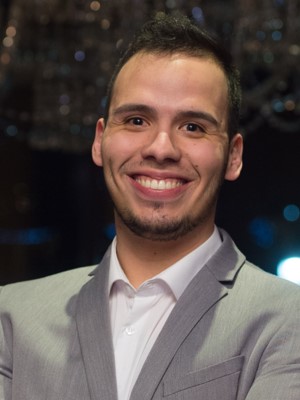I often find myself going back to Davis’ words, especially on days when progress feels so excruciatingly slow and hopelessness begins to set in. Lately this has come in the form of news headlines of another school shooting and continued disappointment with elected officials for not delivering on their promises. Yet Angela Davis’ quote not only reminds me that the fight toward a liberated world takes time, but also that, even on the most difficult days, you must be as bold and far reaching as possible. After all, there is a role for everyone, including those of us in philanthropy, in the long-term fight for equity and justice. Given the considerable influence and power of philanthropy – a $90 billion sector – funders are well-positioned to play a key role in its radical transformation.
